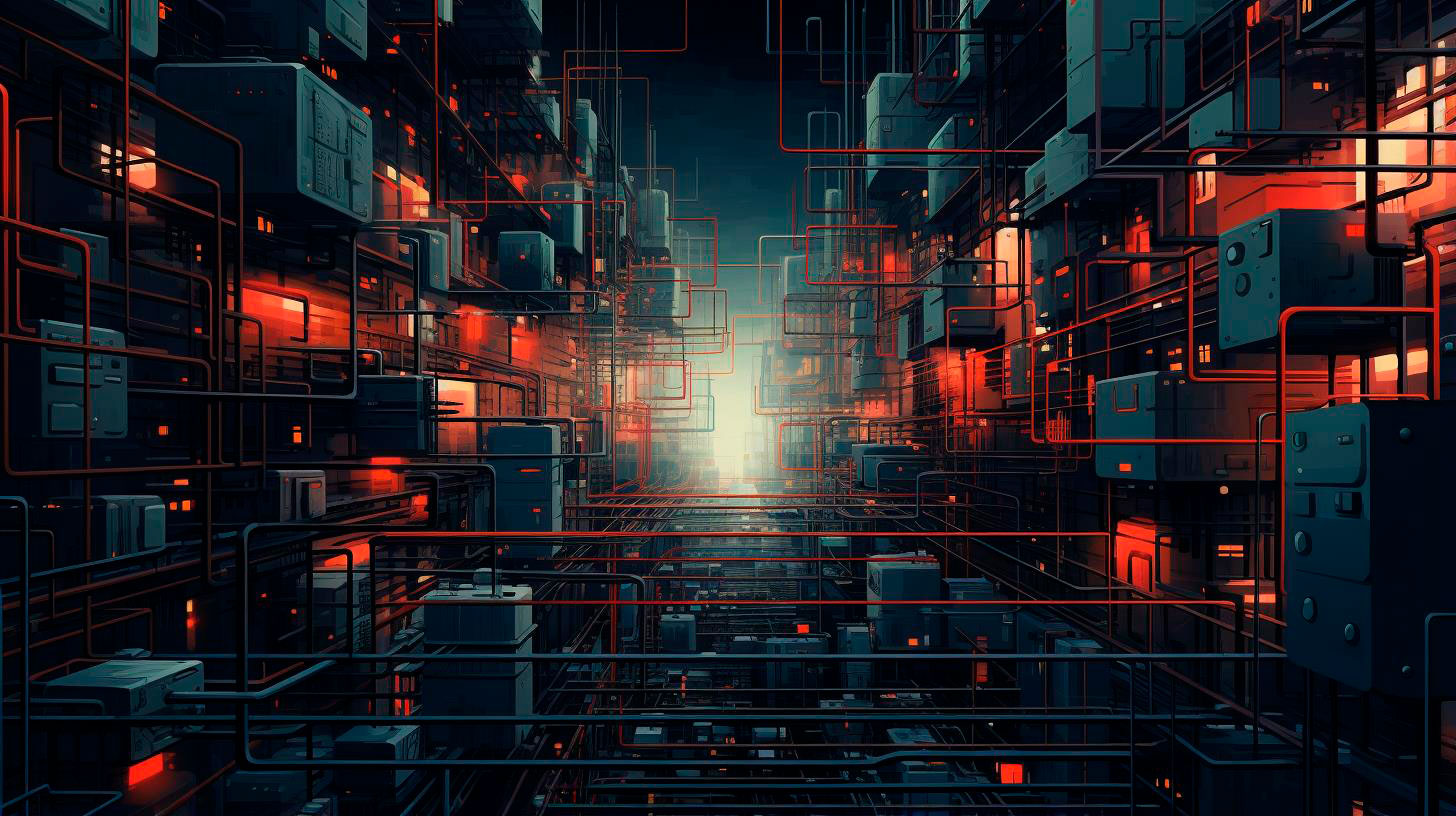In this article, we will explore the potential of nuclear energy as a sustainable solution, highlighting its key advantages and addressing common concerns.
The Advantages of Nuclear Energy
Nuclear energy holds immense potential to significantly contribute to the world’s energy needs. Here are a few key advantages of this technology:
- Clean and Green: Nuclear power generation emits no greenhouse gases, making it an environmentally friendly option compared to fossil fuels. This helps combat climate change and reduce air pollution.
- High Energy Density: Nuclear reactors have a remarkable energy density, enabling them to generate large amounts of electricity with relatively small amounts of fuel. This makes nuclear energy an efficient solution.
- Continuous Power Generation: Unlike renewable energy sources such as solar or wind, nuclear power plants can operate continuously, providing a stable and reliable source of electricity. This is especially crucial for meeting the base load energy demands.
- Reliable Power Supply: Nuclear reactors have a long operational life, often exceeding 40 years. This ensures a consistent and reliable power supply, contributing to energy security.
- Economic Benefits: Nuclear energy provides economic benefits through job creation, local procurement, and opportunities for technological innovation. It can also help reduce dependency on fossil fuel imports, promoting national energy independence.
Addressing Concerns
While nuclear energy offers several advantages, it is still plagued by public concerns and misconceptions. Addressing these concerns is crucial to build support for its widespread adoption. Here are some common concerns and their resolutions:
Safety and Radiation
Nuclear accidents like Chernobyl and Fukushima have raised safety concerns. However, advancements in technology and stringent regulations have significantly enhanced the safety of nuclear power plants. With the adoption of advanced reactor designs and improved safety protocols, the risk of accidents can be minimized even further.
Nuclear Waste Disposal
The disposal of nuclear waste is a valid concern. However, it is important to note that nuclear waste can be effectively managed through specialized storage facilities. Moreover, research is underway to develop advanced nuclear reactors that can consume and reuse nuclear waste, reducing its long-term impact.
Cost and Affordability
Nuclear power plants require significant initial investments, making cost a legitimate concern. However, once operational, they have relatively low fuel costs, leading to long-term affordability. Future advancements, such as small modular reactors, show promise in reducing the initial capital expenditure and making nuclear energy even more economically viable.
The Future of Nuclear Energy
With the growing need for sustainable energy solutions, nuclear power is poised to play a vital role in the future energy mix. According to the International Energy Agency (IEA), nuclear power capacity is expected to increase by nearly 15% by 2040.
The development of next-generation reactors, including small modular reactors and advanced designs like molten salt reactors, holds great promise. These technologies offer improved safety features, more efficient fuel utilization, and the ability to use nuclear waste as fuel.
Moreover, nuclear fusion, a process that replicates the energy generation of the sun, has the potential to provide even cleaner and virtually limitless energy in the future. Research efforts, such as the ITER project, aim to harness nuclear fusion as a safe and sustainable energy source.
Conclusion
Nuclear energy presents a compelling solution to our increasing energy needs while addressing environmental concerns. Its numerous advantages like clean power generation, high energy density, and reliable electricity supply make it an attractive option. By addressing safety concerns, enhancing waste management strategies, and investing in research and development, nuclear power has the potential to contribute significantly to a sustainable energy future.
Key Takeaways:
- Nuclear energy offers clean power generation with zero greenhouse gas emissions.
- High energy density makes nuclear power plants efficient and reliable.
- Addressing safety concerns and ensuring proper waste disposal are crucial for widespread nuclear energy adoption.
- Future advancements in small modular reactors, advanced designs, and nuclear fusion hold great promise for nuclear energy.
To learn more about the potential of nuclear energy, visit the International Atomic Energy Agency (IAEA).
